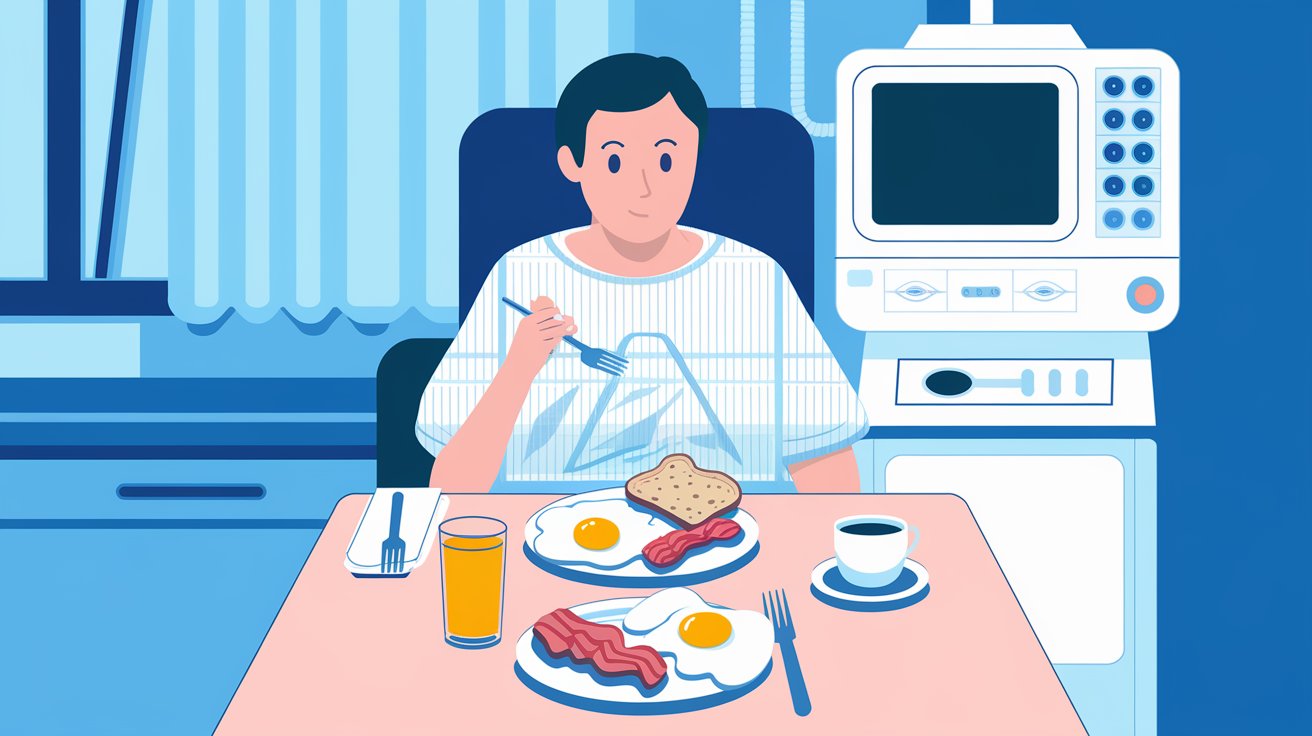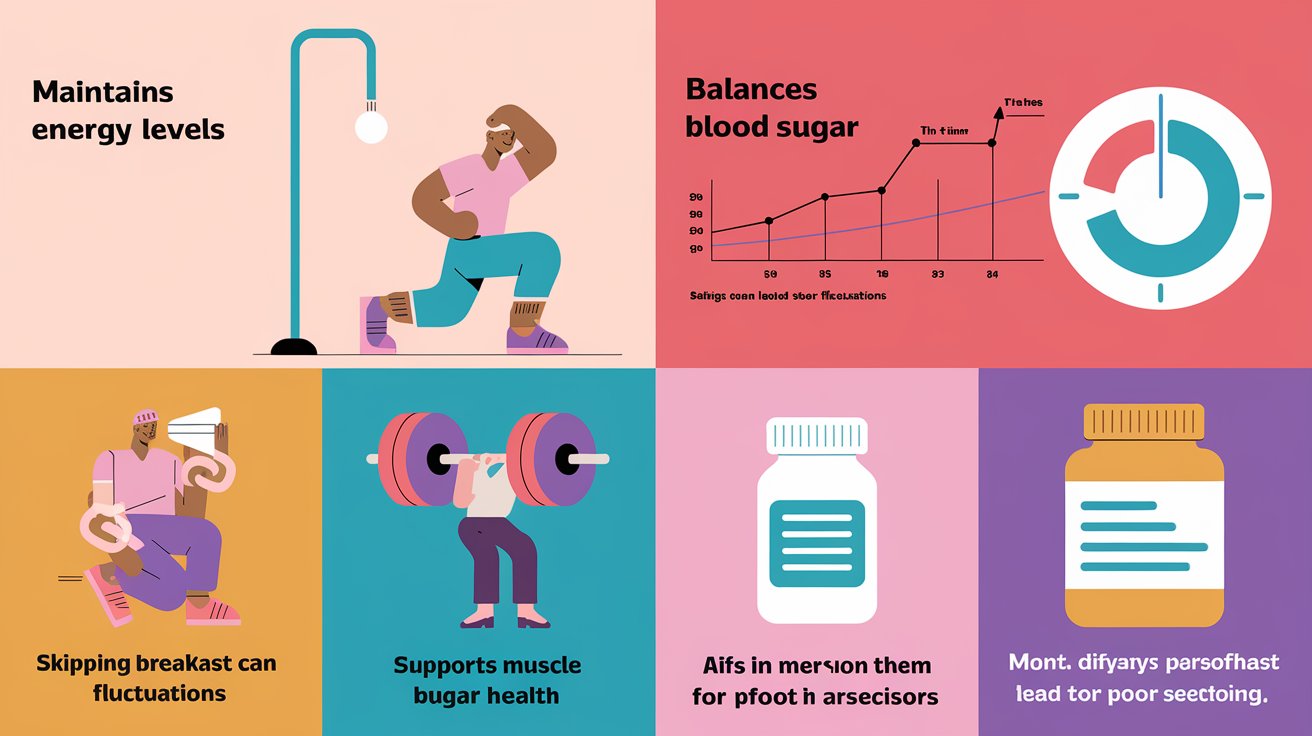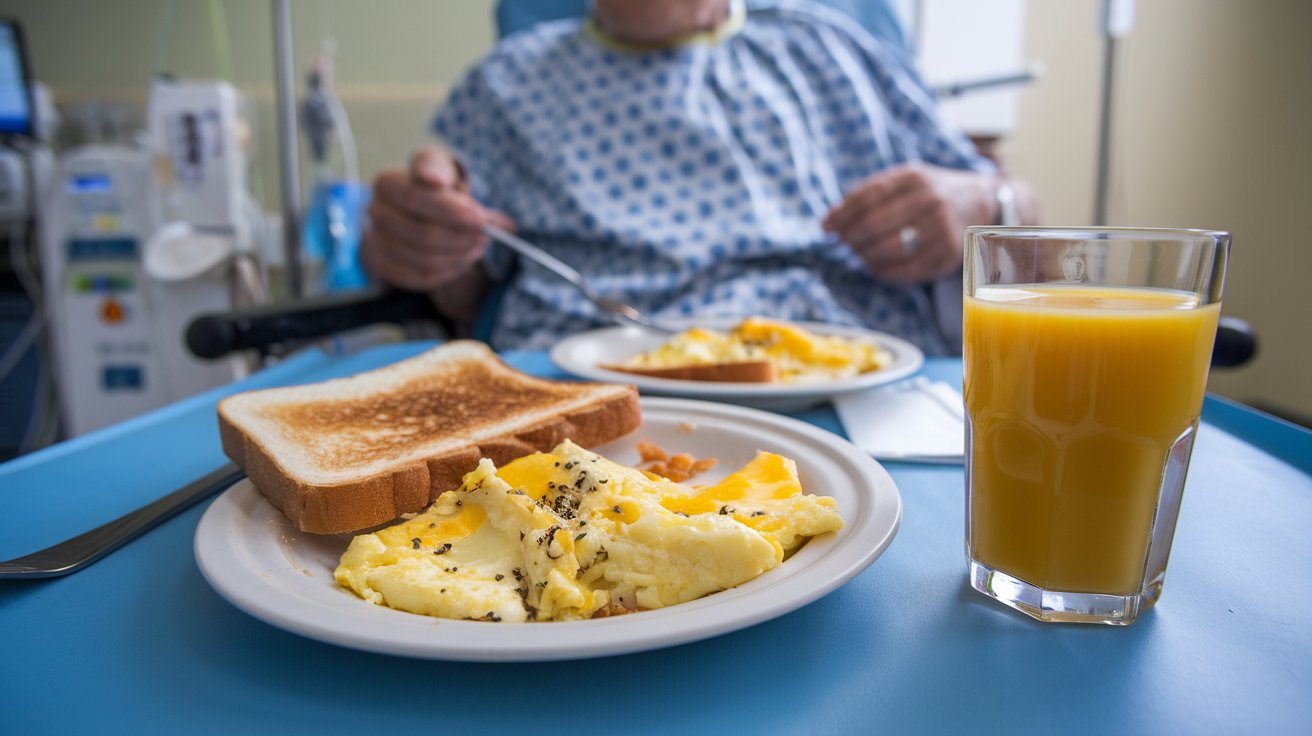Breakfast is often called the most important meal of the day, and this is especially true for dialysis patients. We at DCDC Kidney Care believe that starting the day with a nutritious meal can provide the energy needed to go through dialysis treatments while maintaining overall health. Since dialysis patients have specific dietary restrictions, choosing the right breakfast foods to support kidney function and overall well-being is crucial.

Why Breakfast Matters for Dialysis Patients?
- Maintains Energy Levels
Dialysis can be physically draining, making it essential to fuel the body with the right nutrients. A balanced breakfast helps maintain energy levels, preventing fatigue and weakness throughout the day. - Balances Blood Sugar
Skipping breakfast can lead to blood sugar fluctuations, especially for those with diabetes, which is common among dialysis patients. Eating a well-balanced meal in the morning helps stabilize blood sugar levels and prevents sudden drops or spikes. - Supports Muscle Health
Protein intake is vital for dialysis patients to maintain muscle mass. Since dialysis can remove some protein from the body, starting the day with a protein-rich breakfast helps replenish these essential nutrients. - Aids in Medication Absorption
Many dialysis patients take medications that require food for proper absorption. Eating breakfast ensures that the medications work effectively and reduces the risk of stomach discomfort.

Healthy Breakfast Choices for Dialysis Patients
- Eggs Whites: A great source of high-quality protein with low phosphorus levels when eaten in moderation.
- Oatmeal with Berries: A fiber-rich option that supports digestion while keeping potassium intake in check.
- Low-Potassium Fruits: Apples, grapes, and berries are good choices.
- White Toast with Butter or Jam: A simple yet effective way to add carbohydrates for energy.

Final Thoughts
A well-balanced breakfast sets the tone for the rest of the day, giving dialysis patients the strength and nutrition they need. By choosing kidney-friendly options, patients can maintain their energy, support muscle health, and manage their overall well-being. Always consult a healthcare provider or dietitian for personalized dietary recommendations.


